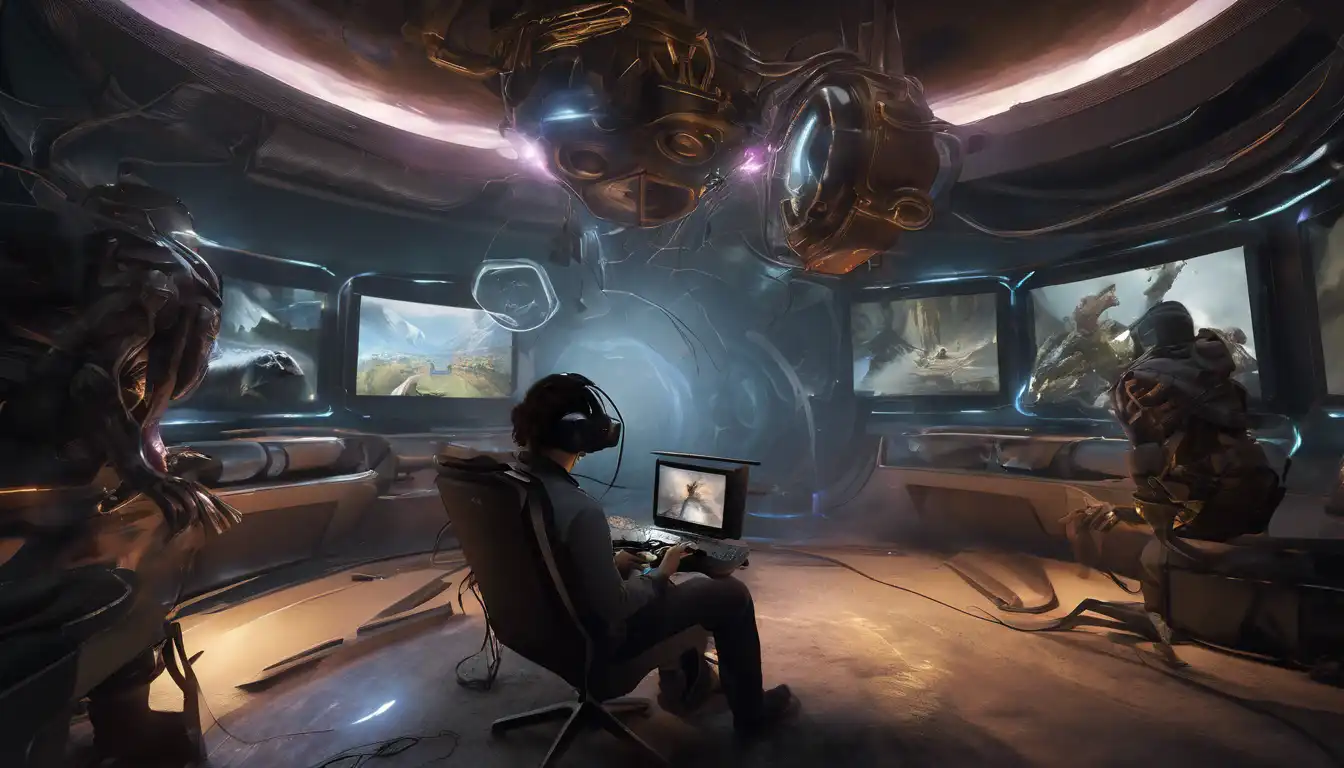Introduction to Virtual Reality Challenges
Creating immersive Virtual Reality (VR) experiences is a frontier that many developers and designers are eager to explore. However, the path to crafting deeply engaging VR worlds is fraught with challenges. From technical limitations to user experience design, the hurdles are significant but not insurmountable.
Technical Limitations and Hardware Constraints
One of the primary challenges in VR development is overcoming the technical limitations and hardware constraints. High-quality VR requires powerful processors and graphics cards, which can be costly. Additionally, the need for high-resolution displays to prevent motion sickness adds another layer of complexity.
Designing for Immersion
Another significant challenge is designing experiences that are truly immersive. This involves not just visual fidelity but also audio, haptic feedback, and interactive elements that respond naturally to user inputs. Achieving this level of detail requires a deep understanding of human perception and behavior.
User Experience and Accessibility
Ensuring a positive user experience is crucial for the success of any VR application. This includes making VR experiences accessible to a wide range of users, including those with disabilities. Developers must consider factors such as motion sickness, ease of use, and intuitive controls.
Content Creation and Storytelling
Content creation in VR presents unique storytelling challenges. Traditional narrative techniques may not translate well into a 360-degree environment. Developers must explore new ways to guide the user's attention and convey stories in a space where the viewer has complete freedom to look around.
Overcoming the Challenges
Despite these challenges, the potential of VR is undeniable. By leveraging advancements in technology and adopting innovative design approaches, developers can create immersive experiences that captivate users. Collaboration across disciplines and continuous user feedback are key to overcoming the hurdles in VR development.
Future Prospects
The future of VR is bright, with ongoing advancements in hardware and software paving the way for more immersive and accessible experiences. As the technology matures, we can expect to see VR becoming an integral part of our digital lives, offering new ways to learn, entertain, and connect.
For more insights into the evolution of digital experiences, explore our technology trends section.
